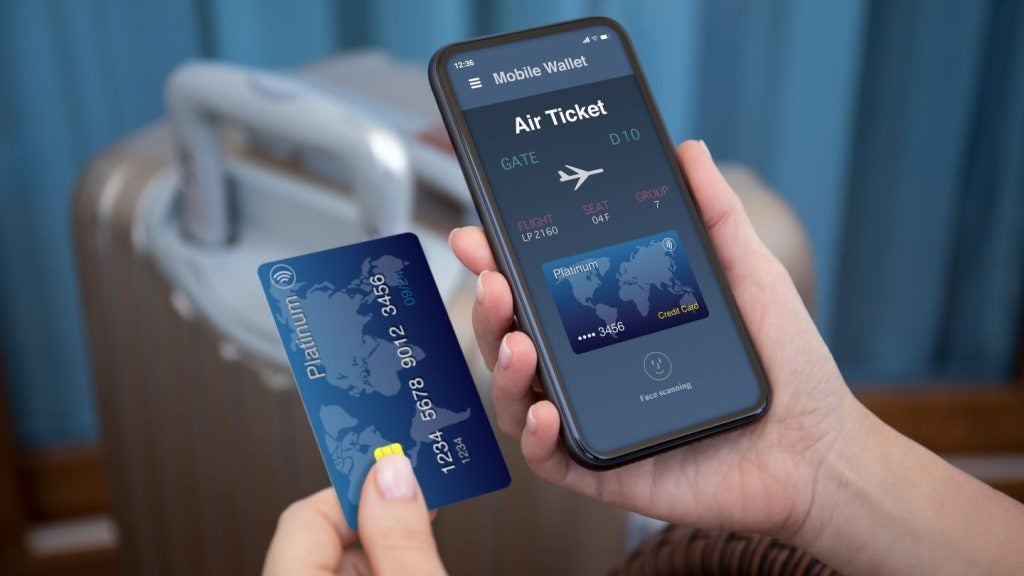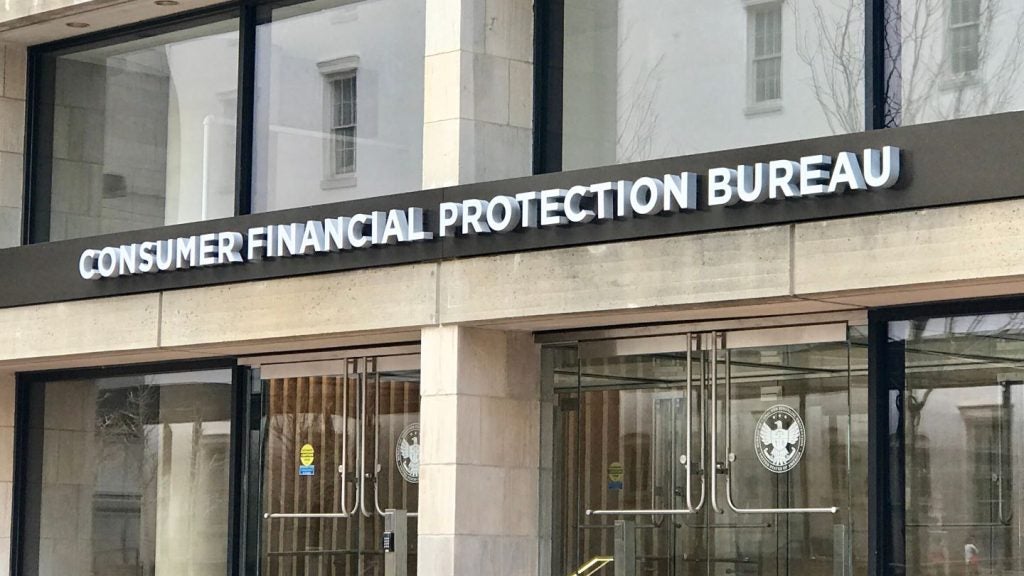Data breaches, the cyberskills gap and identity theft are set to go even bigger in 2019. Why is this expected? And what can firms do? Justin Hansen, security architect at machine identity protection leader Venafi, explains why these trends need to be watched
Cybersecurity has never not been a trend. It is something constantly monitored, improved and deceived. With Open Banking coming into play and more third parties involved, security has the potential to have more holes in it than ever. As a result, data breaches are a considerable risk.
Over the last two years, the world – not just financial services – has seen multiple highscale breaches. To protect from this, the right skills are needed, and the right staff with those skills. However, it is looking like the skill gap is getting larger rather than smaller.
In addition, identity theft is still rife, and the industry is focusing on recovering from these incidents rather than preventing them. Here are three trends that are set to dominate the landscape over the coming year:
- Data breaches will become even more devastating as the machine identity attack surface widens. Organisations, unfortunately, are overlooking a growing – and potentially devasting – attack surface: machines. There will be more than 24 billion internet-connected devices installed by 2020; more than four devices for every person on the planet. These devices, plus algorithms, containers and much more, have their own identities. Organisations spend over $8bn protecting human identities, but almost nothing protecting machine identities. Cyberattackers know this, and they now devote more time and resources to targeting weak, vulnerable or compromised machine identities. Bad actors will continue gaining ground in the years ahead, especially if machine identities are left unprotected.
- Growing identity theft will widen the cyberskills poverty gap. Firms are already predicting a global shortage of 1.8 million cybersecurity workers by 2022. The growing scarcity of cybersecurity professionals will create a poverty gap between organisations that can afford the right skills and those that cannot. Companies without adequately skilled staff will begin to fall below the cybersecurity ‘poverty line’, and will be targeted and breached more frequently by cybercriminals. This, ultimately, affects everyone, even organisations with strong security, because their ‘weakest link’ may be one of their partners. Unfortunately, the cyberskills gap is widening as the world’s attack surface grows. The digital transformation that is happening is completely dependent on machines, not people, and in most cases these machines are not being protected.
- There will be a ‘tipping point’ in identity theft. In 2018, over a third of the world’s consumers experienced some form of debit or credit card fraud. This may have a serious impact on credit assessments, as organisations are forced into a hard choice of either excluding customers that appear risky – potentially through no fault of their own – or relaxing their assessment criteria and opening themselves up to additional risk. The US has already seen the impact of this, as no-fee consumer credit freezes were introduced in 2018 as part of a roll-back of the Dodd-Frank Act. Unfortunately, most organisations are focusing on the impact of human identity theft while ignoring the consequences of weak machine identity protection.
Overall, 2019 is going to be a tough year for security teams. It is likely that the breach trends we saw in 2018 will continue, and there will be serious repercussions for businesses and consumers alike.
Ultimately, the explosion in machines connecting to the internet – from cloud services, to mobile apps and IoT – is creating a playground for cyberattackers to infiltrate and steal data. Until organisations can get their machine identities under control and protected, major security events will continue to grow in size and impact.
How well do you really know your competitors?
Access the most comprehensive Company Profiles on the market, powered by GlobalData. Save hours of research. Gain competitive edge.

Thank you!
Your download email will arrive shortly
Not ready to buy yet? Download a free sample
We are confident about the unique quality of our Company Profiles. However, we want you to make the most beneficial decision for your business, so we offer a free sample that you can download by submitting the below form
By GlobalData






